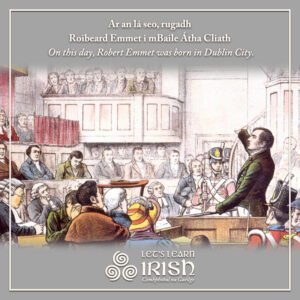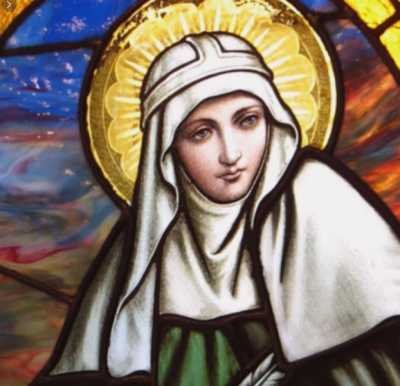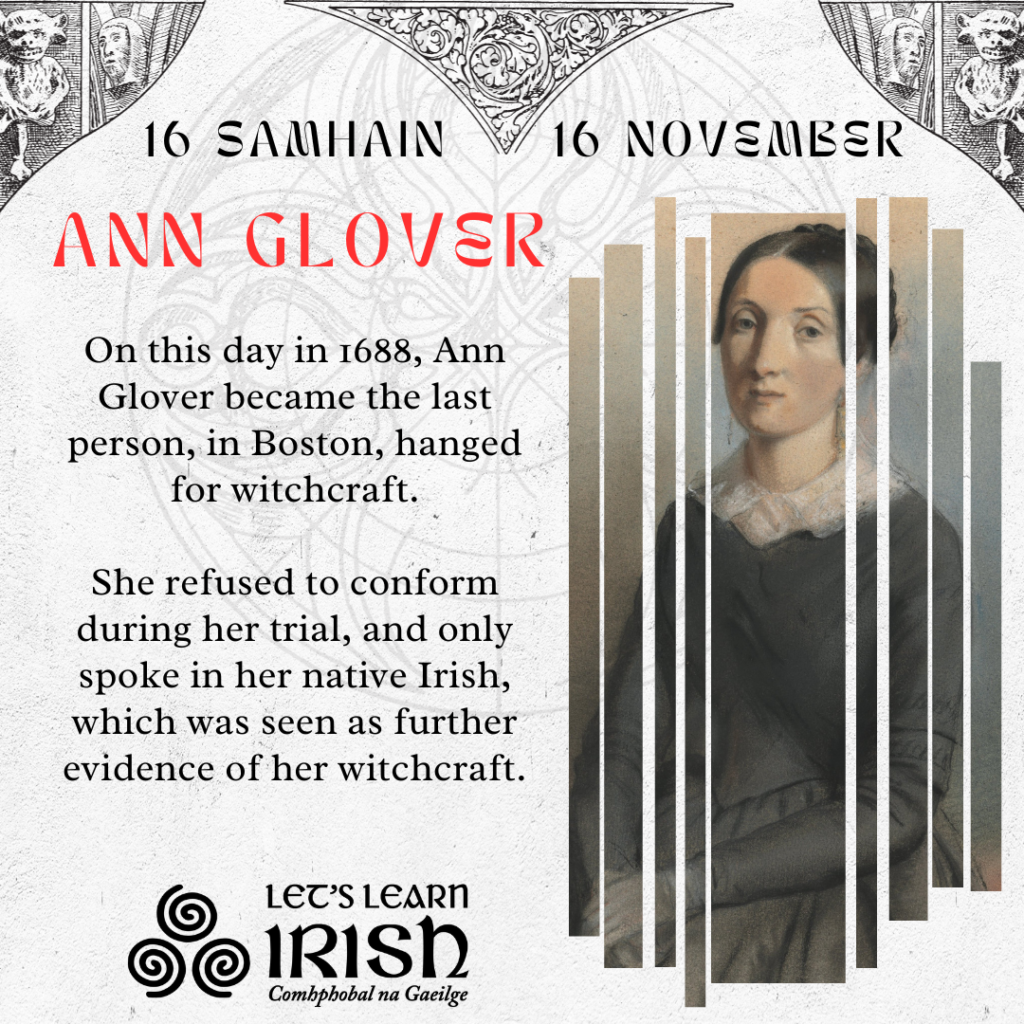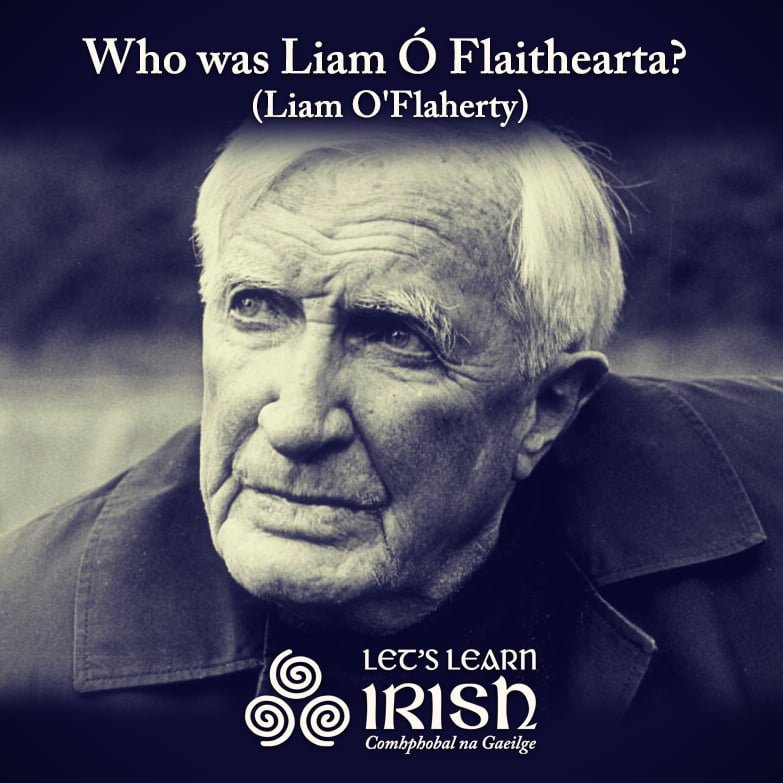Ar An Lá Seo, 4 Márta: Roibeard Emmet
4 Márta, 1778
Ar an lá seo, 4 Márta, 1778, rugadh Roibeard Emmet i mBaile Átha Cliath.
Tá clú agus cáil ar Emmet mar go raibh sé ina cheannaire ar éirí amach mírathúil i gcoinne riail na Breataine sa bhliain 1803. Tháinig Emmet ó chlann Phrotastúnach saibhir Angla-Éireannach, a bhí trua acu do Chaitlicigh in Éirinn agus a n-easpa ionadaíochta cothroime sa Pharlaimint in Westminister.
Bhí Emmet ina bhall de na hÉireannaigh Aontaithe, cé nár ghlac sé páirt ar bith in Éirí Amach na bliana 1798. Sa bhliain 1800, chuaigh sé go dtí an Fhrainc, áit a raibh comhráite aige le Napoleon. In 1802 d’fhill sé ar Éirinn leis na hÉireannaigh Aontaithe a eagrú fá choinne éirí amach. Gheall Napoleon tacaíocht a thabhairt d’Emmet nuair a thosódh an t-éirí amach.
Tráthnóna an 23 Iúil 1803, d’ionsaigh Emmet agus tuairim is 100 fear dá lucht leanúna Caisleán Bhaile Átha Cliath. Chreid sé go mbeadh éirithe amach ar fud na tíre dá dtiocfadh muintir Bhaile Átha Cliath amach. Faraor, theip ar Emmet Caisleán Bhaile Átha Cliath a thógáil, cé nach raibh cosaint láidir air. Tamall tar éis sin, chuir sé féin stop leis an éirí amach chun níos mó doirte fola a sheachaint.
Ina dhiaidh, cuireadh trial chúirte ar Emmet agus daoradh chun a chrochta é. Bhí sé a chosaint sa chúirt ag dlíodóir darbh ainm Leonard McNally, agus fuartha amach ina dhiaidh seo gur spíodóir Sasanach a bhí san fhear seo.
Le linn an trialach, thug Emmet a óráid bhreá “Speech from the Dock”, ag críochniú leis na focail “When my country takes her place among the nations of the earth, then, and not till then let me epitaph be written”. Ar an 20ú Meán Fómhair 1803 crochadh Roibeard Emmet go poiblí i Sráid Thomáis, i mBaile Átha Cliath.
Tá trí dhealbh phoiblí d’Emmet le feiceáil sna Stáit Aontaithe – ag Massachusetts Avenue agus 24th Street, in Washington, D.C., Golden Gate Park, in San Francisco, agus in Emmetsburg, Iowa.
March 4th, 1778
On this day, March 4th, 1778, Robert Emmet was born in Dublin City.
Emmet is famous for being the leader of an unsuccessful rebellion against British rule in 1803. Emmet came from a wealthy Anglo-Irish Protestant family, who felt sorry for Catholics in Ireland and their lack of fair representation in Parliament in Westminster.
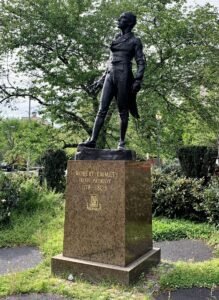
Emmet was a member of the United Irishmen, although he took no part in the Rebellion of 1798. In 1800, he went to France, where he had conversations with Napoleon. In 1802 he returned to Ireland to organize the United Irishmen for a rebellion. Napoleon promised to support Emmet once the rebellion started.
On the evening of 23 July 1803, Emmet and about 100 of his followers attacked Dublin Castle. He believed that there would be protests across the country if the people of Dublin came out. Alas, Emmet failed to take Dublin Castle, even though it was not strongly defended. Sometime after that, he himself stopped the uprising to avoid more bloodshed.
Afterwards, Emmet was tried and sentenced to be hanged. He was defended in court by a lawyer named Leonard McNally, and it was later found out that this man was an English spy.
During the trial, Emmet gave his famous “Speech from the Dock”, ending with the words “When my country takes her place among the nations of the earth, then, and not till then let me epitaph be written”. On 20th September 1803 Robert Emmet was publicly hanged in Thomas Street, Dublin.
There are three public statues of Emmet to be seen in the United States – at Massachusetts Avenue and 24th Street, in Washington, D.C., Golden Gate Park, in San Francisco, and in Emmetsburg, Iowa.
Join the online Irish community for Cúrsaí, Comhrá & Ceardlanna,
and follow along on social media @LetsLearnIrish – beidh fáilte romhat!

